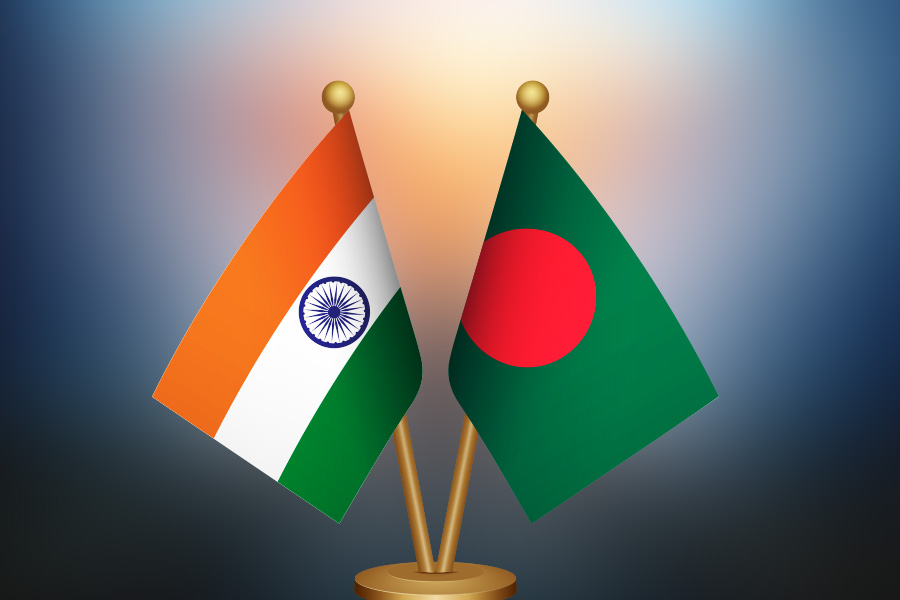
India-Bangladesh relations are shaped by shared history, culture, and geography, but are also influenced by complex factors like water disputes, border issues, and geopolitical dynamics, particularly China’s growing interest in the region.
Authors
Pranjal Khare, Assistant Professor, Jindal Global Law School, O.P. Jindal Global University, Sonipat, Haryana, India
Vishambhar Raghuwanshi, Rajiv Gandhi National Law University, India
Summary
This chapter establishes the strategic relations between India and Bangladesh with more emphasis on history, cultural, geographical, and political pertinent factors. India- Bangladesh relations are based on mutual history and cultural similarities, but several times have witnessed cooperation in different fields along with conflict like water, border, and political changes. It analyses major events that include the liberation war, post- liberation diplomacy, water issues such as the Ganges and Teesta River Water Agreement, and the current Rohingya issue. Besides, it analyses the impact of domestic politics in Bangladesh and geopolitical concerns arising from the increasing Chinese interest in this country. In applying the mutual cooperation and shared interest proposition, the study holds that power relations have had a rather profound impact on their bilateral relations as new internal and external dynamics will unfold their relations in the future. A proper comprehension of this relationship remains central to the geopolitical stability and South Asian development.
Published in: International Relations Theory and Philosophical Political Insights Into Conflict Management
To read the full chapter, please click here.

